The governor of Syria’s oil-rich Deir ez-Zor province announced plans to transfer control of the oil fields in the region occupied by the U.S.-backed terrorist group YPG. Ghassan Ahmed told Anadolu Agency (AA) on Saturday that significant measures have been taken to restore state authority in post-Assad Syria. The country aims to put oil fields east of the Euphrates River under the control of the Ministry of Oil.
Ahmed stated that the oil fields in the region, currently controlled by the YPG, have been neglected for an extended period, leading to significant production issues. The YPG is the Syrian offshoot of the PKK, a terrorist group that has killed thousands since the 1980s in Türkiye in a campaign of violence under the pretext of establishing “Kurdish self-rule.”
Commenting on the agreement between Syrian President Ahmad al-Sharaa and Ferhat Abdi Şahin, code-named Mazloum Abdi, who is the ringleader of the terrorist group, Ahmed stated that the oil fields’ transfer would mark a significant boost to the country’s economy.
The YPG reaped wealth from the oil fields during the time it retained control with the assistance of the United States, which provided military assistance to the group, claiming the YPG was instrumental in the fight against Daesh, another terrorist group. Ankara repeatedly condemned U.S. assistance to the group and, in post-Assad Syria, urged the YPG to dissolve itself.
“Security in the Deir ez-Zor region is currently managed by both the Deir ez-Zor Police Department and the general security administration. In recent developments, the local police force has been reinstated, with several new police stations established and patrol operations significantly expanded,” Ahmed said. “Significant progress has been made in combating smuggling and organized crime, with stringent border controls implemented along the Iraq frontier,” he added.
Ahmed also mentioned that all the street lamps in the city have been replaced, noting that lighting repairs are ongoing in the damaged eastern neighborhoods, and the electricity network has been restored. Noting that the electricity capacity is set to increase, Ahmed stated that the city requires 100 megawatts (MW) of electricity, with 30 MW of this demand already being met. “There have also been improvements in cleaning services. When we took office, there was only one working garbage collection vehicle. Since then, new vehicles, compactors and sweepers have been introduced, and existing vehicles have been repaired,” Ahmed said. “However, more effort is needed to ensure that these services reach a fully adequate level,” He added.
Ahmed stated that the people of Deir ez-Zor seek the restoration of state authority and the unity of the nation, emphasizing that Kurdish citizens are an integral part of Syria. The YPG claims to represent Kurds in Syria and carved out a so-called autonomous region in northeastern Syria for the community.
He expressed expectations that the organization will adhere to the agreement and consider the demands of the people, noting that, to date, no attack attempts have been recorded concerning the threat posed by the terrorist group Daesh.
“There are no security threats along the Deir ez-Zor-Homs connection roads,” Ahmed said. “Our country is returning to its people. We must unite as a state and as a people. I call on you to contribute to the development process with patience, solidarity and cooperation,” Ahmed added.
On Friday, the first convoy of the YPG-led Syrian Democratic Forces (SDF) withdrew from Aleppo under the supervision of the Syrian Defense Ministry, Syria’s state-run SANA reported. According to the report, the convoy began its withdrawal from the northern city of Aleppo toward the eastern Euphrates region, with the Syrian Arab Army securing the route from the Sheikh Maqsoud and Ashrafieh neighborhoods.
Last Thursday, Aleppo witnessed a prisoner exchange between internal security forces and the SDF, marking the beginning of “prison clearing,” with approximately 250 prisoners released. On March 10, the Syrian Presidency announced the signing of an agreement for the integration of the SDF into state institutions, reaffirming the country’s territorial unity and rejecting any attempts at division.


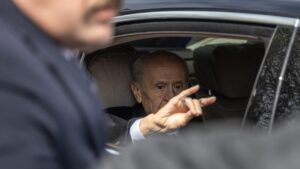
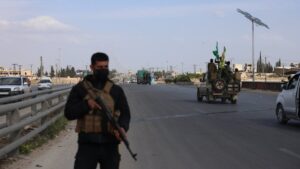

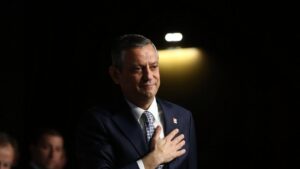
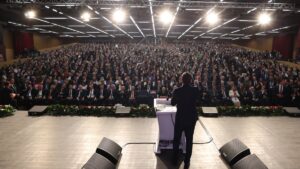
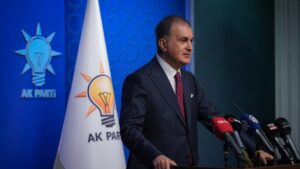

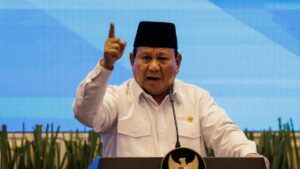
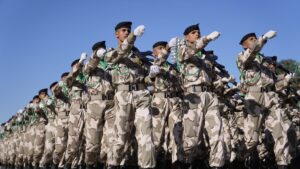

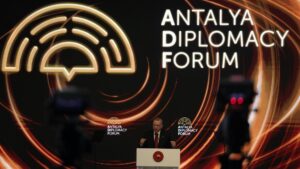
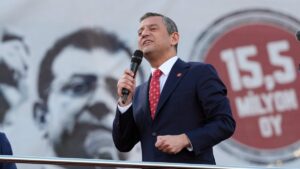
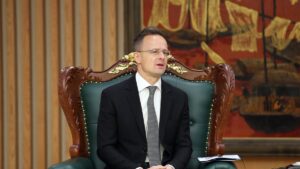
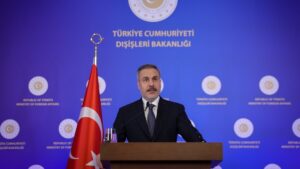
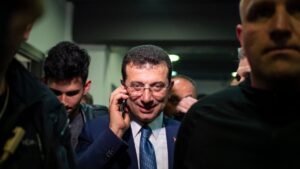
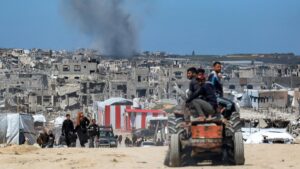
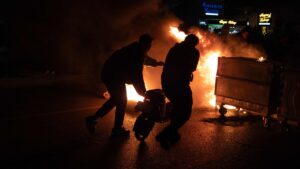
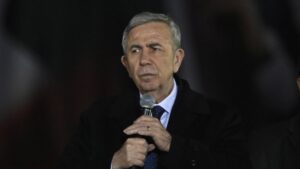
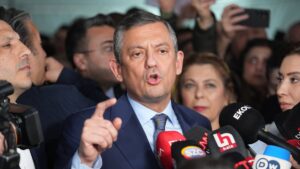
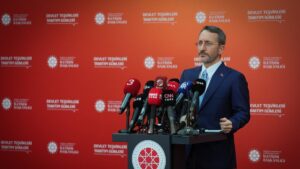





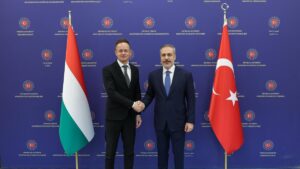
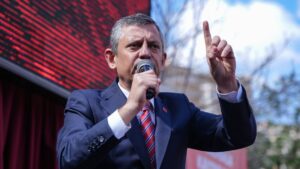
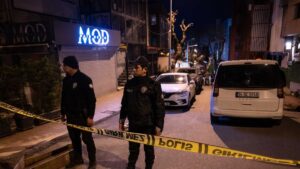
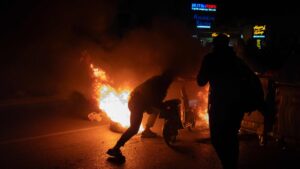
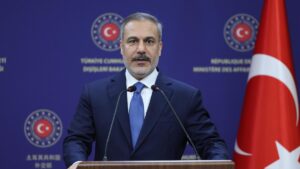
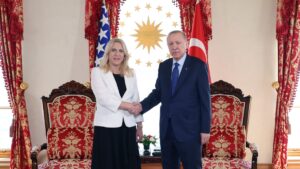
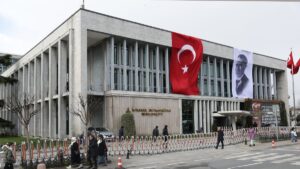


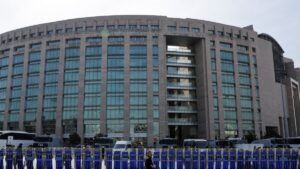


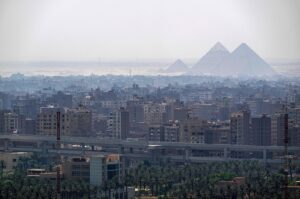
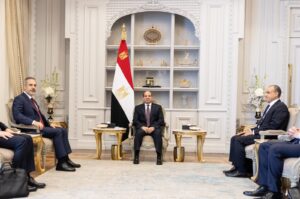
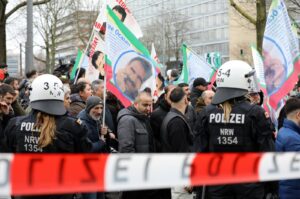



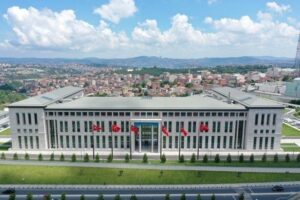
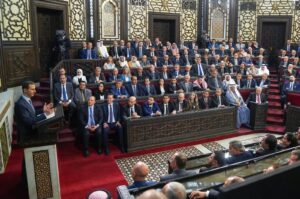
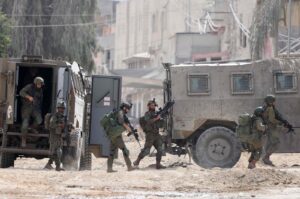
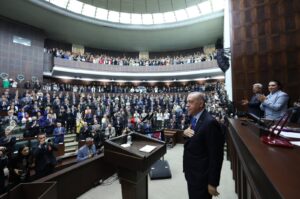
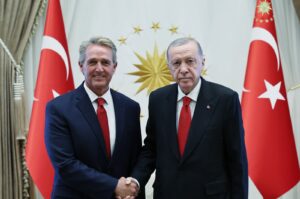
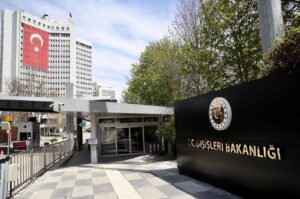
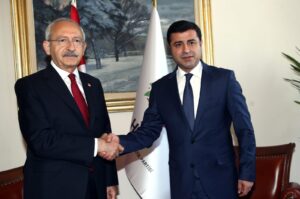
Be First to Comment